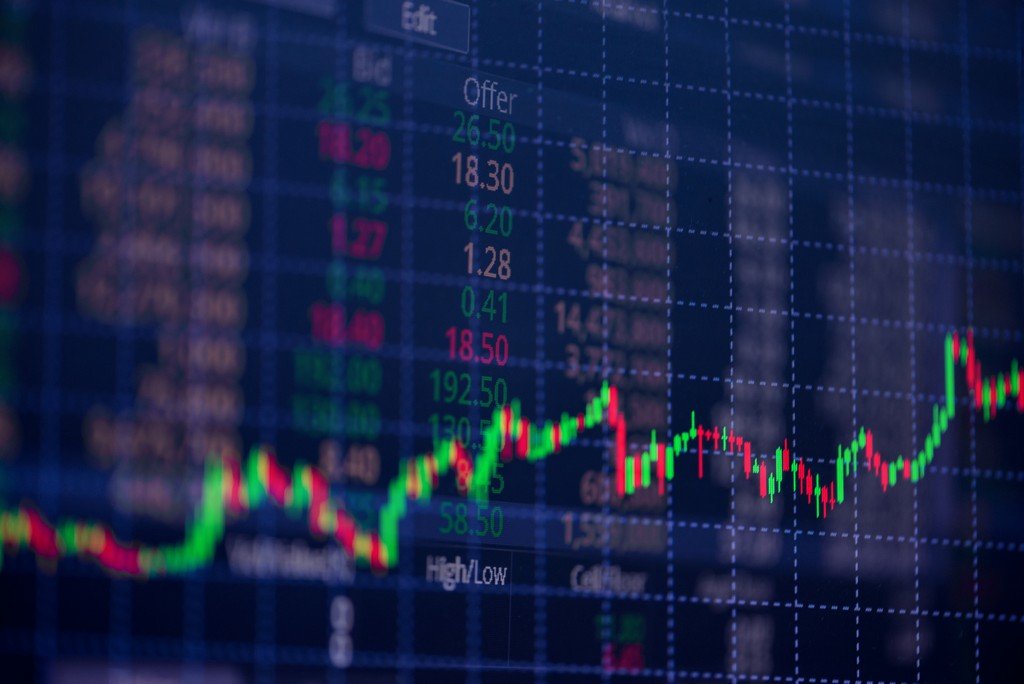Shanghai Man: Miners banned, exchanges targeted? Here’s what’s really happening
May 28, 2021 @ 08:24 +03:00

Normally, this weekly column takes a broad look at all the developments, news, and even gossip from within China. This week, most topics took a backseat to the news that another crackdown had rippled through the industry, threatening to topple markets into a full-blown bear market.
It was all fun and games until a ruling came down from the top. Liu He, who is Vice Premier of China and member of the all-powerful eight-person politburo, led a meeting on preventing and controlling financial risks. Among the decisions was a crackdown on Bitcoin mining and trading activities, putting a dagger through the heart of anyone hoping to see a more open regulatory environment. There were immediate signs that the ruling would not be taken lightly, with the province of Inner Mongolia setting up a reporting hotline to rat out people disobeying the order.
BTC.TOP, one of the largest mining pools in the world with a reported 2.5% of the global hashrate, immediately complied by announcing it was closing down operations. That didn’t stop BTC.TOP founder Jiang Zhuo from taking to micro-blogging platform Weibo to announce that Bitcoin was a tool China could use to break up the monopoly of the US dollar in international trade.
China’s role in the mining community had been a major source of distrust between East and West, with some Bitcoiners claiming that China’s possible control of the mining community could threaten the ability of the chain to remain fully decentralized. Consequently some celebrated the news of the ban, thinking that the mining community would become more fragmented. However, just because China is banning operations doesn’t mean that Chinese companies will lose their dominant position in the industry. As Primitive Capital partner Dovey Wan pointed out, many miners are simply packing up and moving out of the country. Registering and basing their operations in regions like the US, Kazakhstan, or even Africa wouldn’t actually stop the mined BTC from belonging to Chinese miners, it would just make the centralization of the network harder to actually track.
Hong Kong is pushing forward with its ban on retail cryptocurrency trading by announcing measures that would place a minimum threshold of around $1 million on investment. Christopher Hui, Hong Kong’s Secretary for Financial Services and the Treasury, has defended the requirements stating he believes they protect investors, prohibit market manipulation, and guard against money laundering and terrorist financing. The decision will definitely make cryptocurrency in the special administrative region easier to track and make it harder for citizens in mainland China to circumvent the rules.
Shanghai Man: Miners banned, exchanges targeted? Here’s what’s really happening, Cointelegraph, May 28






